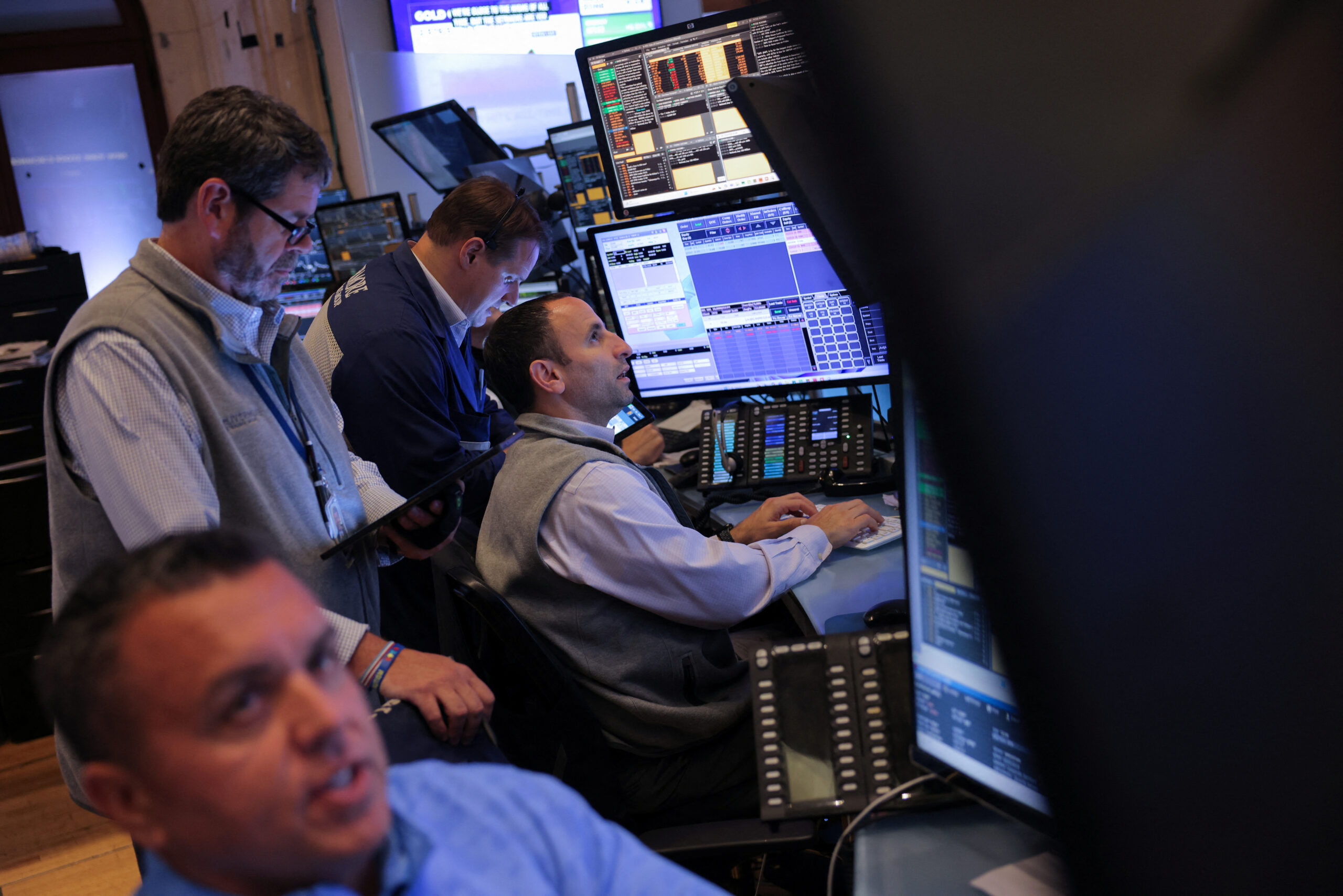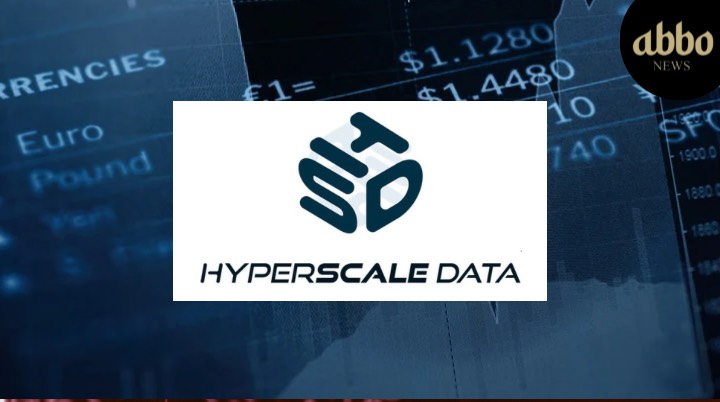NEW YORK – The cost of insuring exposure to U.S. government debt has climbed to its highest in nearly one year, suggesting investors are getting nervous about a U.S. presidential election outcome that could make the government less able to repay debt.
Spreads on U.S. one-year credit default swaps (CDS) – market-based gauges of the risk of default – widened to 49 basis points on Thursday, according to S&P Global Market Intelligence data, the highest since November 2023.
Those spreads have been rising steadily over the past few weeks, coinciding with financial markets pricing in better chances of victory for Republican candidate Donald Trump in the November 5 presidential election.
However, the higher risk of default reflected by the derivative contract is more likely to indicate early investor concerns over a U.S. borrowing-limit political dispute next year, rather than expressing outright hedges against the election outcome, Barclays analysts said in a note on Thursday.
“USA CDS have historically not been viewed as an election hedge. … Arguably, investors are pricing in increased concerns around the debt ceiling,” they said.
Barring an earlier resolution, the federal debt ceiling will be reinstated in January 2025, after being suspended in 2023 following protracted Congress negotiations.
Without a new suspension or a limit increase, the Treasury Department will likely need to use cash reserves and so-called extraordinary measures until the government will no longer be able to pay all its bills – a so-called ‘X-date’ which some analysts estimate could occur in the second half of 2025.
A divided government could complicate debt limit talks, similar to 2023 when political brinkmanship pushed the country to the verge of default and hurt its credit rating.
One-year CDS spreads have historically tended to move higher ahead of previous debt ceiling disputes, such as in 2011 or 2023, rather than ahead of presidential elections, said Barclays.
This time, CDS spreads have widened earlier than anticipated.
“This could be a reflection of the uncertainty surrounding the election results and how they might affect the reinstating of the debt ceiling on January 2,” Barclays said.
Still, one-year CDS spreads remained significantly lower than last year, when they surged to a record high of about 150 basis points in May.
Barclays estimated the current CDS implied probability of default at less than 1%, against about 4% in May last year.
(Source: ReutersReuters)













